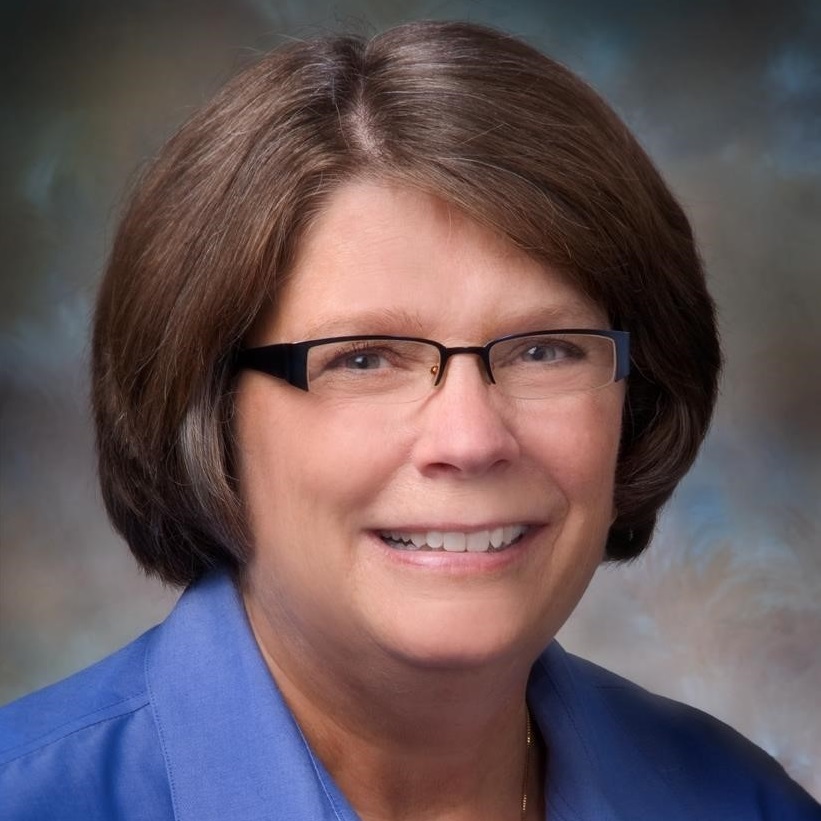PATH-s is a freely accessible, evidence-based tool designed to assess caregiver’s preparedness to transition stroke patients home
The Preparedness Assessment for the Transition Home after Stroke (PATH-s) instrument was developed by Michelle Camicia and Barbara Lutz in response to the ARN White Paper, “The Essential Role of the Rehabilitation Nurse in Facilitating Care Transitions” (Camicia et al., 2014). The PATH-s was developed from the theoretical framework, “Improving Stroke Caregiver Readiness Model” (Lutz et al., 2017). The PATH-s instrument is a 25-item self-administered clinical assessment of caregivers developed to assess caregivers’ commitment and capacity prior to IRF discharge, before they have assumed the caregiving role (Camicia et al., 2020). Camicia, Lutz, Harvath and Joseph (2021) identified that completion of an instrument such as the PATH-s may aid caregivers in recognizing potential issues and concerns about the caregiving role and provoke anticipation and cues to action to begin addressing their concerns prior to IRF discharge. The PATH-s demonstrates good reliability and validity (Camicia, Lutz, Joseph, et al, 2021).
The PATH-s instrument has been implemented with a corresponding catalogue of interventions (The PATH2Caregiving Program). Several manuscripts are in development to illustrate the clinical benefits of this program. Further, a version of the instrument for use in the general inpatient rehabilitation population, the PATH, has demonstrated reliability (Cronbach’s α=.90) and is available from the authors upon request (contact information provided below).
The PATH-s has been translated into Chinese, Indonesian, Italian and Vietnamese languages. Validation of the instrument in these languages is underway.
To download this free tool, complete a brief informational form. Upon completing the form, you will achieve access to a PDF document download.
Learn more about this tool, its authors, and how it was developed
Webinar Presentation
In 2021 PATH-s authors Dr. Michelle Camicia and Dr. Barbara Lutz presented a livestream webinar titled "Assessing Family Caregivers using the PATH-s Instrument." During the webinar, Dr. Camicia and Dr. Lutz describe the background, theoretical basis, and development of the PATH-s tool. Strategies for implementation in inpatient rehabilitation facilities are discussed and examples of successful integration of the PATH-s tool in the clinical setting are explained. Upon competing the activity, which offers the opportunity to earn 1.25 CNE credits, participants will be able to:
- Recognize the importance of assessing caregiver preparedness
- Understand the theoretical foundation for the PATH-s instrument
- Identify strategies for administration of the PATH-s instrument
Author Biographies
 Michelle Camicia, PhD RN CRRN CCM NEA-BC FARN FAHA FAAN has been a leader in rehabilitation nursing for over 30 years. Dr. Camicia’s research developing and implementing innovative interventions has improved care coordination, and equitable care for individuals with disabilities and their caregivers regionally, nationally, and internationally. Dr. Camicia earned a BSN from San Francisco State University, MSN from Sonoma State University, and PhD from the Betty Irene Moore School of Nursing at the University of California-Davis. Read full bio.
Michelle Camicia, PhD RN CRRN CCM NEA-BC FARN FAHA FAAN has been a leader in rehabilitation nursing for over 30 years. Dr. Camicia’s research developing and implementing innovative interventions has improved care coordination, and equitable care for individuals with disabilities and their caregivers regionally, nationally, and internationally. Dr. Camicia earned a BSN from San Francisco State University, MSN from Sonoma State University, and PhD from the Betty Irene Moore School of Nursing at the University of California-Davis. Read full bio.
Contact: This email address is being protected from spambots. You need JavaScript enabled to view it. or 415-601-2621.
 Barbara Lutz, PhD RN CRRN PHNA-BC FAHA FAAN has conducted rehabilitation nursing research related to comprehensive stroke care for more than 20 years, focusing on assessing and addressing the care needs of stroke survivors and their caregivers as they transition home. Dr. Lutz has a BSN from the University of Iowa, MS from Northern Illinois University, and MSN and PhD from the University of Wisconsin-Madison. Read full bio.
Barbara Lutz, PhD RN CRRN PHNA-BC FAHA FAAN has conducted rehabilitation nursing research related to comprehensive stroke care for more than 20 years, focusing on assessing and addressing the care needs of stroke survivors and their caregivers as they transition home. Dr. Lutz has a BSN from the University of Iowa, MS from Northern Illinois University, and MSN and PhD from the University of Wisconsin-Madison. Read full bio.
Contact: This email address is being protected from spambots. You need JavaScript enabled to view it. or 910-962-2921
Rehabilitation Nurses Foundation
PATH-s was developed through research funded by the Rehabilitation Nurses Foundation (RNF). RNF is dedicated to advancing rehabilitation nursing practice by promoting, developing, and/or engaging in educational activities and scientific research to improve the quality of health care to individuals with a disability or chronic illness. Learn about other projects fueled by RNF and how to donate >
Selected References:
Camicia, M., Black, T., Ferrell, J., Waites, K., Wirt, S. Lutz, B. and with the Association of Rehabilitation Nurses Task Force (2014). The essential role of the rehabilitation nurse in facilitating care transitions: A white paper by the Association of Rehabilitation Nurses. Rehabilitation Nursing, 39(1), 3‐15. doi: 10.1002/rnj.135 https://onlinelibrary.wiley.com/doi/abs/10.1002/rnj.135
Camicia, M.E. Lutz, B.J., Joseph, J.G., Harvath, T.A., Drake, C.M., Theodore, B.R., & Kim, K.K. (2021) Psychometric properties of the preparedness assessment for the transition Home after stroke instrument. Rehabilitation Nursing. 46(2), 113-121. doi: 10.1097/RNJ.0000000000000310. https://journals.lww.com/rehabnursingjournal/Fulltext/2021/03000/Psychometric_Properties_of_the_Preparedness.8.aspx
Camicia, M., Lutz, B.J., Harvath, T., & Joseph, J. (2021). Using the Preparedness Assessment for the Transition Home after Stroke instrument to identify stroke caregiver concerns pre-discharge: Uncertainty, anticipation, and cues to action. Rehabilitation Nursing. 46(1), 33-42. doi: 10.1097/rnj.0000000000000267. https://journals.lww.com/rehabnursingjournal/Citation/2021/01000/Using_the_Preparedness_Assessment_for_the.5.aspx
Camicia, M., Lutz, B., Kim, K., Harvath, T., Drake, C., & Joseph, J. (2020). Development of an Instrument to Assess Stroke Caregivers' Readiness for the Transition Home. Rehabilitation Nursing, 45(5), 287-298. doi:10.1097/rnj.0000000000000204 https://journals.lww.com/rehabnursingjournal/Abstract/2020/09000/Development_of_an_Instrument_to_Assess_Stroke.8.aspx
Lutz, B. J., Young, M. E., Creasy, K. R., Martz, C., Eisenbrandt, L., Brunny, J. N., & Cook, C. (2017). Improving Stroke Caregiver Readiness for Transition From Inpatient Rehabilitation to Home. The Gerontologist, 57(5), 880-889. doi:10.1093/geront/gnw135. https://www.ncbi.nlm.nih.gov/pmc/articles/PMC5881730/pdf/gnw135.pdf

